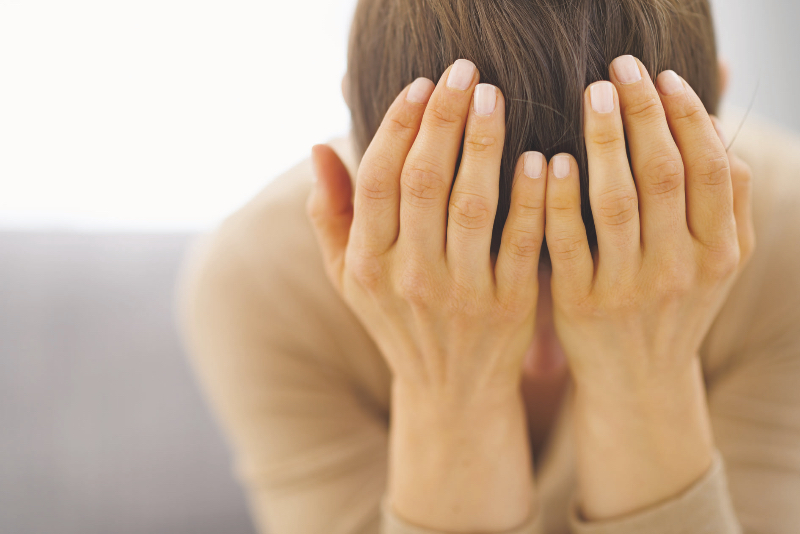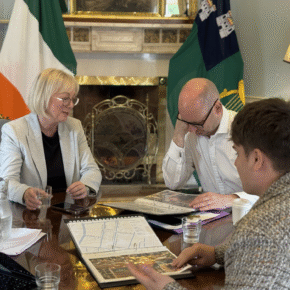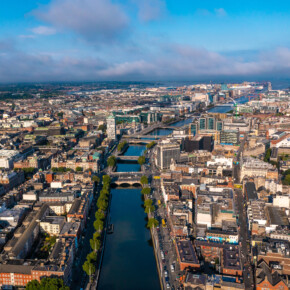Revealed why Tallaght is stressed out
Dublin People 25 Sep 2015
A MAJOR health and wellbeing study in Tallaght has revealed how stress has become widespread in the area.
The Health Assets and Needs Assessment (HANA) Tallaght 2014 study interviewed 1,082 people in 343 randomly-selected households.
Residents across Tallaght, in Belgard, Glenview, Kilnamanagh, Kingswood, Millbrook, Oldbawn, Springfield, Avonbeg, Fettercairn, Jobstown, Killinarden, Kiltipper, and Tymon were included.
The findings revealed that the majority (67 per cent) of primary household carers – the person who takes most responsibility for managing the household – experienced stress in the previous 12 months particularly around issues of family, finances, illness, work and unemployment.
While three quarters of primary carers (71 per cent) indicated their health as being “good” or “very good”, when it comes to stress, levels had risen from 59 per cent in 2001 to 67 per cent in the latest report.
Almost one in two (44 per cent) had been visiting their GP as a result, and 23 per cent were taking a prescription medication.
A total of 22 per cent of people in the households surveyed had at least one chronic illness, with heart disease (38 per cent), diabetes and respiratory disease (both 15 per cent), the most common. On a positive note respondents said the top three “good things” about Tallaght were amenities such as the shopping centre, parks and leisure facilities; the community spirit and neighbours; and public transport.
However, the top three “bad things” about Tallaght included the lack of amenities and activities for young people; anti-social behaviour; and crime.
Experts say the report highlights the need to expand mental health services, including psychiatric, psychological and community support services, as well as enhance existing GP availability and out-of-hours services.
For Professor Ian Graham, Chairman of the Adelaide Health Foundation, information truly is power when it comes to mapping out how best to address the health and social care needs of citizens.
“In the space of 12 months, from 2013 to 2014, Ireland has fallen from the 14th best performing healthcare system in Europe, to 22nd place,” he said.
“We also have, relative to most European countries, fewer GPs per capita. This is at a time when we have an ageing population and the consequent increasing demands of people’s complex range of conditions on healthcare services.
“In undertaking this intelligence-gathering exercise that takes account of health and social care services in a truly holistic way, policymakers can properly plan for future needs.
“That means not only providing healthcare services at the most appropriate point of intervention, and thereby reducing unnecessary and more critical and costly demands at later stages, but also improving access to housing, employment and education.”











